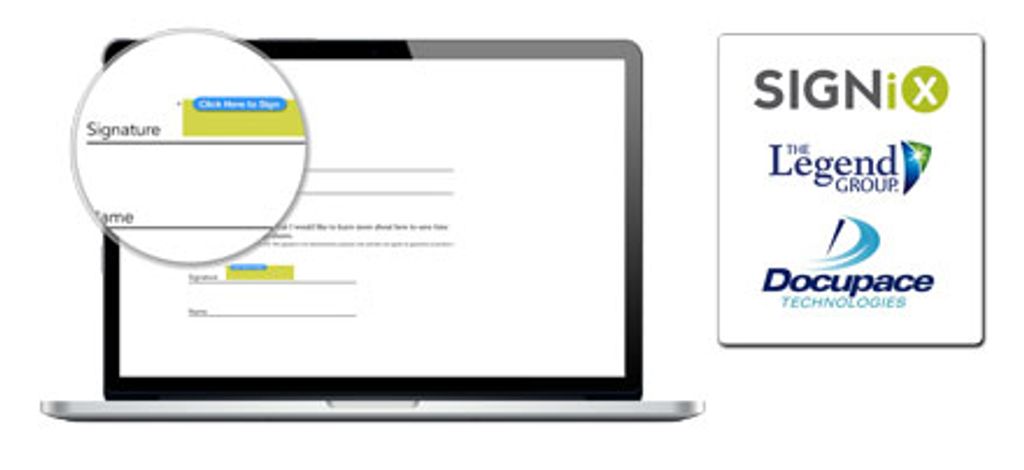
In today's fast-paced digital world, managing email efficiently is crucial for productivity. AI assistants have emerged as a valuable tool in streamlining email management and increasing efficiency. By leveraging the power of artificial intelligence, these assistants offer various features that can help users organize their inbox, automate responses, filter and prioritize emails, and enhance overall productivity. In this article, we will explore the role of AI assistants in email efficiency and discuss the key benefits they bring to the table.

AI assistants are revolutionizing the way we manage our email. With their advanced algorithms and machine learning capabilities, AI assistants can analyze and understand the content of our emails, making it easier to organize and prioritize our inbox. They can also automate repetitive tasks, such as categorizing emails and generating responses, saving us valuable time and effort.
Using AI assistants in email management can greatly improve efficiency and productivity. AI assistants are equipped with advanced algorithms and machine learning capabilities that enable them to perform various tasks, such as organizing emails, filtering and prioritizing messages, and even generating automated responses. By leveraging AI technology, users can save time and streamline their email workflow.

Smart inbox organization is a key feature of AI assistants that helps users efficiently manage their email. With AI-powered algorithms, these assistants can automatically categorize incoming emails into different folders or labels based on their content and sender. This ensures that important emails are easily accessible and not buried in a cluttered inbox. Additionally, AI assistants can learn from user behavior and preferences to further optimize inbox organization.
Automated email responses are a valuable feature of AI assistants that can greatly enhance email efficiency. With automated responses, AI assistants can handle routine and repetitive email tasks, such as acknowledging receipt of an email or providing a quick response to common inquiries. This frees up valuable time for users to focus on more important and complex email communications.
Email filtering and prioritization is a crucial feature of AI assistants that helps users manage their inbox efficiently. With advanced algorithms, AI assistants can automatically categorize incoming emails based on their importance and relevance. This ensures that users can focus on the most important emails first, saving time and reducing the risk of missing critical messages.
AI assistants also provide options for customizing email filters and rules, allowing users to set specific criteria for organizing their inbox. For example, users can create filters to automatically move emails from specific senders or with certain keywords to designated folders. This helps in decluttering the inbox and keeping it organized.
Additionally, AI assistants can learn from user behavior and preferences to improve the accuracy of email filtering and prioritization over time. By analyzing patterns and user interactions, AI assistants can adapt to individual preferences and make better decisions on how to categorize and prioritize emails.

Searching for specific emails can be a time-consuming task, especially when dealing with a large volume of messages. AI assistants can significantly improve email search efficiency by implementing advanced search algorithms and intelligent filtering techniques.
One useful feature is the ability to search for emails based on specific criteria, such as sender, subject, or keywords. This allows users to quickly locate important messages without having to manually sift through their entire inbox.
Additionally, AI assistants can learn from user behavior and preferences to provide personalized search results. By analyzing past interactions and email patterns, these assistants can prioritize relevant emails and surface them at the top of search results.
In summary, AI assistants streamline the email search process, saving users valuable time and ensuring important messages are easily accessible.
Intelligent email scheduling is a feature offered by AI assistants that helps users optimize their email management. With this feature, AI assistants analyze the user's email patterns and preferences to suggest the most suitable times to send and receive emails. By considering factors such as the recipient's time zone and the user's availability, intelligent email scheduling ensures that important emails are sent at the right time, increasing the chances of prompt responses.
This feature eliminates the need for users to manually determine the best time to send emails, saving them time and effort. It also helps prevent emails from getting buried in recipients' inboxes during busy periods, increasing the likelihood of them being noticed and responded to.
In addition to optimizing email delivery, intelligent email scheduling can also help users manage their own email consumption. By scheduling specific times for checking and responding to emails, users can avoid constant interruptions and maintain focus on other tasks.
Email analytics and insights provide valuable information about email usage and performance. By analyzing data such as open rates, click-through rates, and response times, AI assistants can generate insights that help users understand their email habits and make informed decisions. These insights can include recommendations for improving email productivity, identifying patterns in email communication, and optimizing email management strategies. With the help of AI assistants, users can gain a deeper understanding of their email behavior and take actions to increase efficiency.

AI assistants for email efficiency are designed to seamlessly integrate with popular email clients, ensuring a smooth transition and user-friendly experience. Whether you use Gmail, Outlook, or any other widely used email platform, AI assistants can be easily integrated into your existing workflow.
By integrating with popular email clients, AI assistants provide a unified interface that allows you to access all your emails, contacts, and calendars in one place. This eliminates the need to switch between multiple applications, saving you time and effort.
Additionally, AI assistants offer compatibility with various email features, such as labels, folders, and filters. This means that you can continue using your preferred email organization methods while leveraging the advanced capabilities of AI assistants.
Overall, the compatibility of AI assistants with popular email clients ensures a seamless integration process and enhances your email productivity.
Integrating an AI assistant with your email platform is a straightforward and seamless process. Most AI assistants are designed to be compatible with popular email clients, such as Gmail, Outlook, and Apple Mail. To integrate the AI assistant, you typically need to install a plugin or extension provided by the assistant's developer. Once installed, the assistant will automatically sync with your email account and start analyzing your emails.
To ensure a smooth integration, it is important to follow the installation instructions provided by the assistant's developer. These instructions may vary depending on the email client you are using. Additionally, make sure to grant the necessary permissions to the assistant, such as access to your email folders and contacts.
Once the integration is complete, the AI assistant will begin assisting you in managing your emails more efficiently, providing you with valuable features and insights to enhance your productivity.
In conclusion, utilizing an AI assistant can greatly enhance email efficiency. By automating repetitive tasks and providing intelligent suggestions, an AI assistant can save time and improve productivity. With its ability to prioritize emails, categorize messages, and draft responses, an AI assistant can help users stay organized and focused. Additionally, the use of natural language processing allows for more accurate and personalized email interactions. Overall, incorporating an AI assistant into email workflows can revolutionize the way we manage our inboxes and streamline communication.
An AI assistant is a virtual assistant that uses artificial intelligence technology to perform tasks and provide assistance to users.
An AI assistant can help with inbox organization, automate email responses, filter and prioritize emails, save time in email search, schedule emails intelligently, and provide email analytics and insights.
AI assistants are designed to be compatible with popular email clients such as Gmail, Outlook, and Apple Mail.
The integration process of AI assistants with email platforms is seamless and typically involves connecting the AI assistant to the user's email account through secure authentication protocols.
Yes, AI assistants can read and analyze the content of emails using natural language processing and machine learning algorithms.
Yes, AI assistants for email management prioritize user privacy and data security. They comply with industry-standard security measures to protect sensitive information.